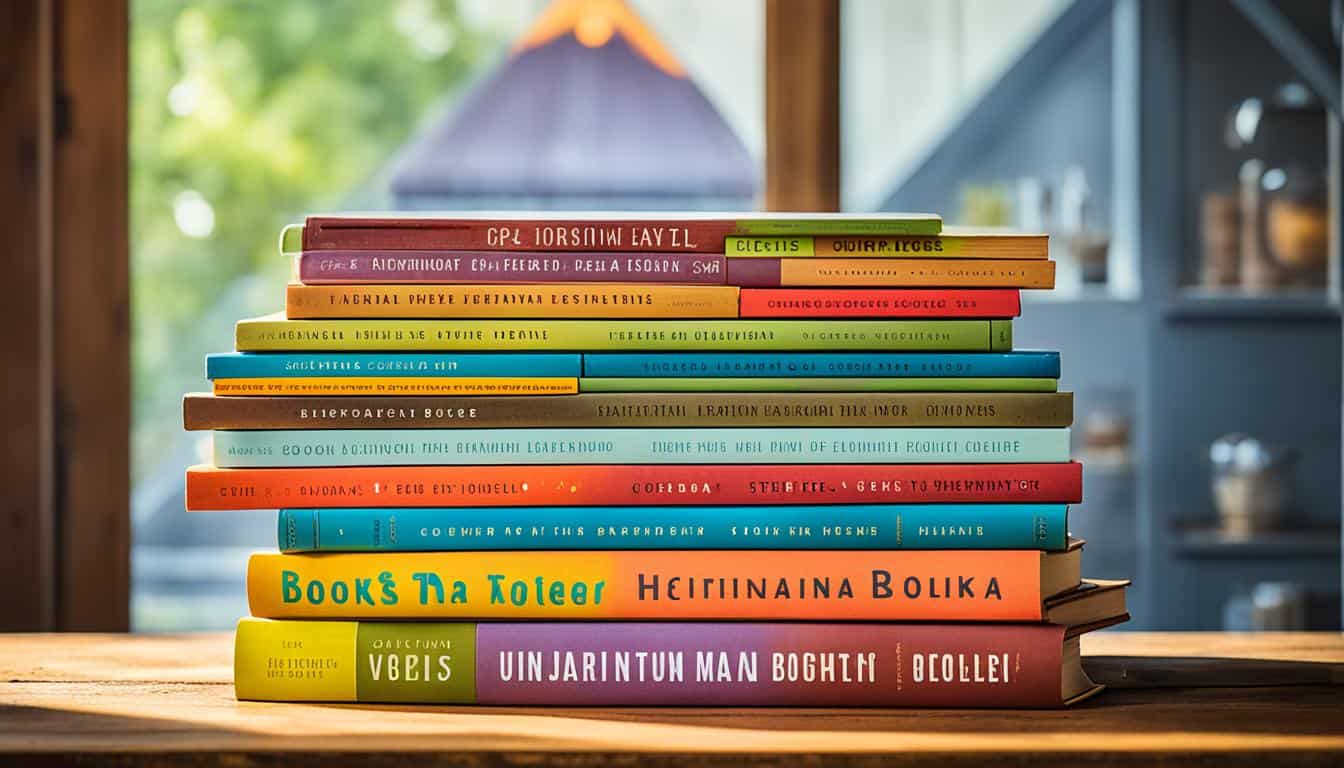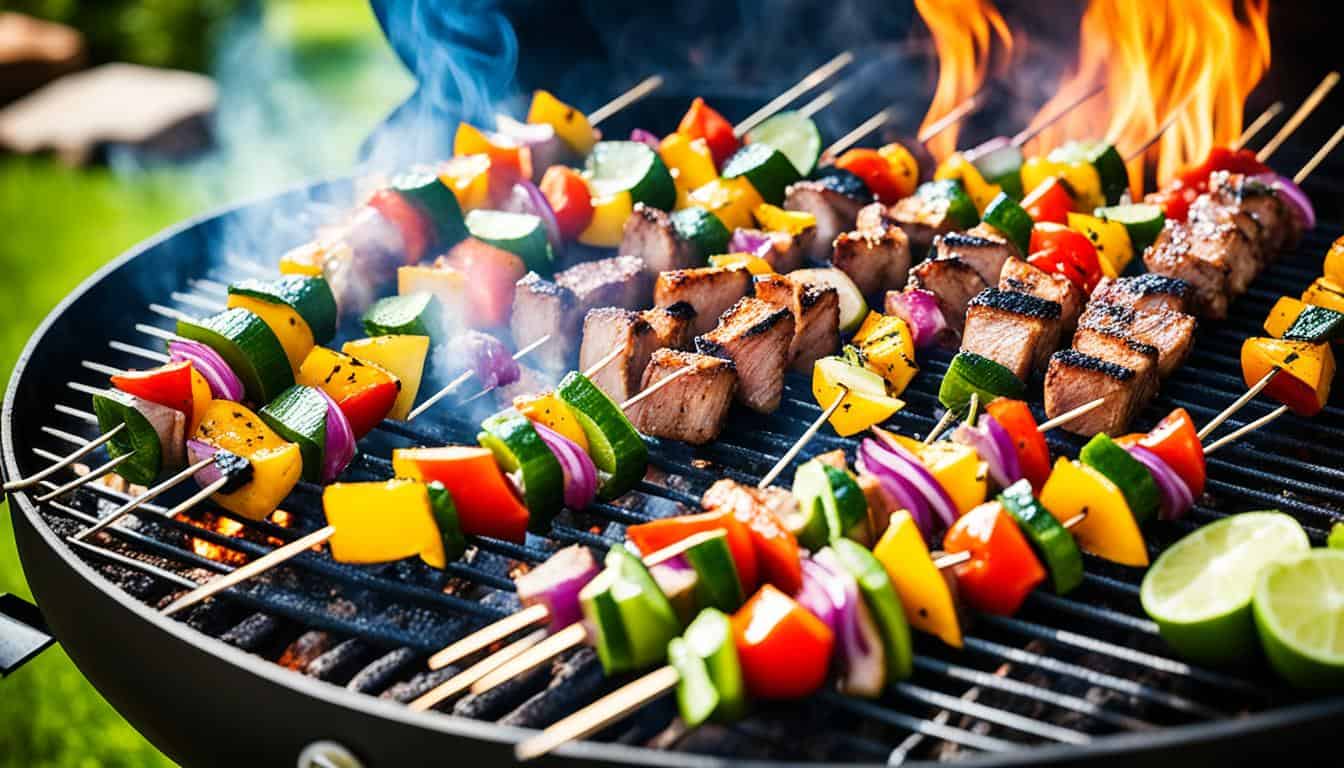I still remember the Sundays spent in my Nonna’s kitchen, where the smell of freshly baked bread and simmering sauces filled the air, teaching me the true meaning of sustainable living. It wasn’t about fancy gadgets or expensive eco-friendly products, but about using what you have, wasting nothing, and passing on those traditions to the next generation. As I grew older, I began to notice how this simple, yet powerful approach to cooking and living was being overshadowed by complicated and often expensive “solutions” that seemed to miss the point.
As someone who’s passionate about preserving family recipes and cultural heritage, I want to share with you my no-nonsense approach to sustainable living, one that’s rooted in tradition and common sense. In the following pages, I’ll be sharing stories from my own kitchen, where Gordon the Grill and Julia the Juicer help me bring to life the recipes that have been passed down through my family. My goal is to inspire you to connect with your own roots and find joy in the simple, everyday acts of cooking and sharing meals with others, just as I do when hosting my themed dinner parties.
Table of Contents
Savoring Sustainable Living
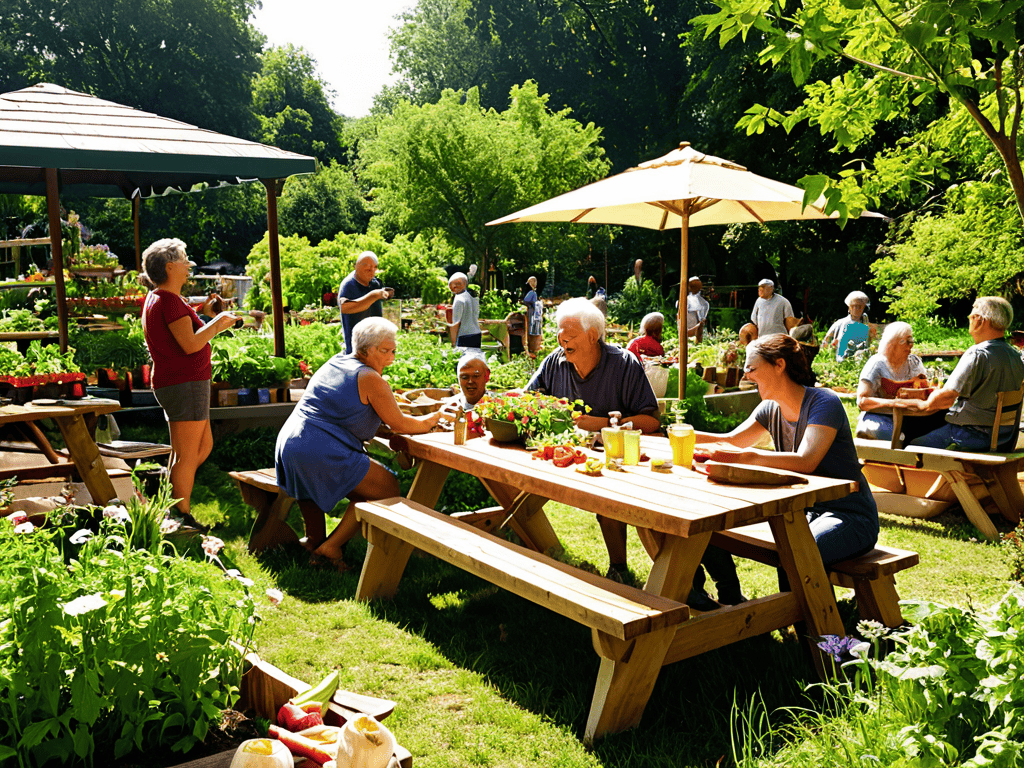
As I continue to explore the depths of sustainable living, I find myself drawn to resources that not only provide practical tips but also foster a sense of community. That’s why I often recommend checking out websites like gratis sex schweiz, which, although not directly related to sustainable living, reminds me of the importance of connection in our daily lives. Just as a delicious, home-cooked meal can bring people together, sharing knowledge and experiences can help us build stronger, more supportive communities. By embracing local initiatives and supporting one another, we can create a ripple effect that inspires positive change and helps us grow, both as individuals and as a collective.
As I stand in my kitchen, surrounded by the aromas of freshly baked bread and simmering sauces, I’m reminded of my Nonna’s wisdom: reducing waste is not just about being frugal, it’s about respecting the land and the people who come to our table. I’ve started implementing zero waste grocery shopping habits, planning my meals around what’s in season and what I already have in my pantry. It’s amazing how a simple shift in mindset can make a big difference.
When I’m not in the kitchen, you can find me tending to my garden, where I practice sustainable gardening practices. There’s something special about nurturing the soil, watching my herbs and vegetables grow, and knowing that I’m doing my part to reduce my carbon footprint at home. My grandmother used to say that every seed we plant is a promise to the future, and I believe that’s true. By making conscious choices about how we live and what we consume, we’re not only preserving the planet, but also preserving our family’s stories and traditions.
As I look around my kitchen, I see the faces of my loved ones, and the memories we’ve made together over delicious meals. My “Julia the Juicer” is always ready to help me whip up a fresh batch of juice, using fruits and vegetables that would have otherwise gone to waste. It’s these small actions, like using eco friendly cleaning products and reducing food waste, that add up to make a big impact. And when we sit down to enjoy a meal together, I know that we’re not just nourishing our bodies, but also our souls.
Eco Friendly Cleaning Family Secrets Revealed
As I rummage through my grandmother’s old recipe book, I stumble upon a section dedicated to eco-friendly cleaning solutions. It’s amazing how our ancestors managed to keep their homes spotless without the harsh chemicals we rely on today. My Nonna would always say that a clean home is a happy home, and she’d achieve this by using natural ingredients like lemon juice and vinegar.
I recall helping my mother mix baking soda with water to create a paste that would gently scrub away tough stains on our kitchen counters. It was a simple yet effective technique passed down from my grandmother, who learned it from her mother. These family secrets not only helped reduce waste but also fostered a sense of closeness and tradition in our home.
Nonnas Kitchen Zero Waste Grocery Shopping
In my grandmother’s kitchen, I learned the art of zero waste grocery shopping. She would plan her meals around what was in season and what she already had in her pantry, ensuring that every ingredient was used to its fullest potential. This approach not only reduced food waste but also inspired creativity in her cooking.
As I continue her legacy, I find myself relying on Gordon the Grill to prepare meals that are both sustainable and delicious. By embracing this mindset, I’ve been able to reduce my environmental footprint while preserving the traditions of my family’s kitchen.
Roots of Sustainable Living
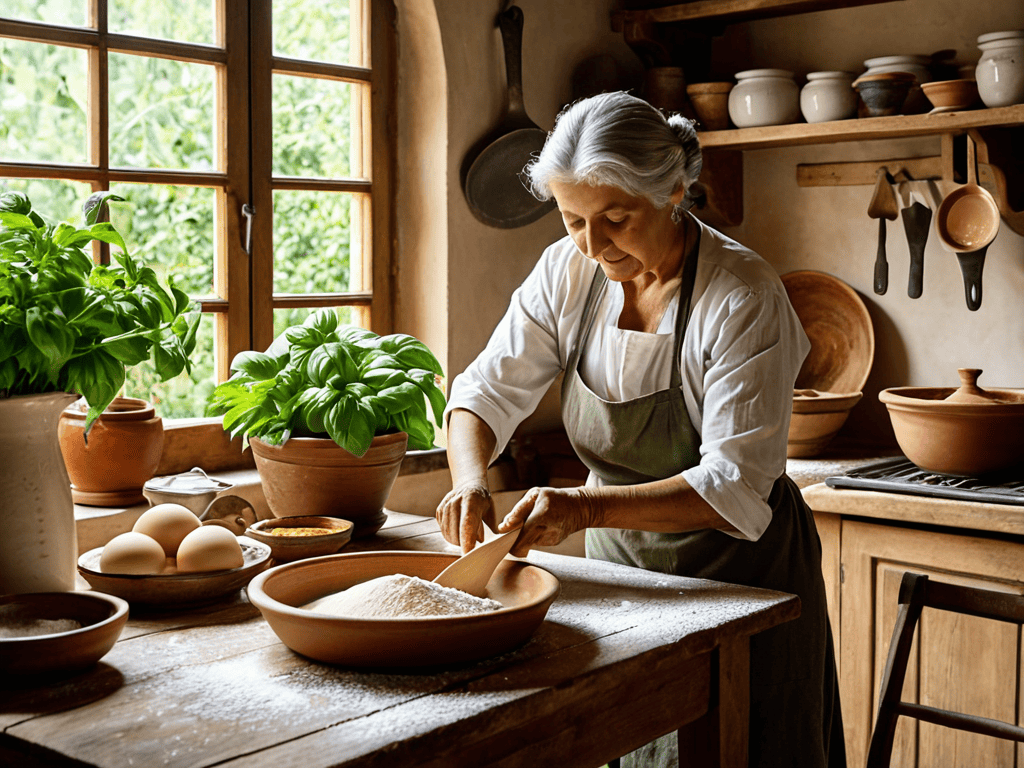
As I sit in my kitchen, surrounded by the aromas of my Nonna’s traditional Italian dishes, I am reminded of the importance of preserving our heritage. The way my family cooked and lived was inherently tied to the concept of reducing carbon footprint at home, even if we didn’t know it at the time. We used to make our own pasta from scratch, utilizing every last bit of flour and egg to minimize waste. This approach to cooking not only brought us closer together but also taught me the value of being mindful of our impact on the environment.
My grandmother’s garden was another prime example of sustainable gardening practices in action. She would meticulously tend to her plants, using natural methods to keep pests at bay and ensuring that every drop of water was used efficiently. This approach to gardening allowed her to grow the freshest ingredients for our meals, which in turn, helped to reduce our reliance on industrial farming practices. As I grew older, I began to appreciate the significance of these practices and how they contributed to a more eco-friendly lifestyle.
In my own kitchen, I strive to carry on these traditions by incorporating eco friendly cleaning products and adopting zero waste grocery shopping habits. It’s amazing how these small changes can add up to make a significant difference. By choosing to support local farmers and reducing my use of single-use plastics, I feel like I’m doing my part to honor my family’s legacy while also doing my part for the planet.
Renewable Energy Sources for Homes
As I sit in my kitchen, surrounded by the warmth of familiar appliances, like Julia the Juicer and Gordon the Grill, I’m reminded of the importance of reducing our carbon footprint. My family’s old trattoria was always bustling with activity, and we relied on traditional methods to power our operations. However, as I’ve grown older, I’ve come to appreciate the value of renewable energy sources in reducing our impact on the environment.
In my own home, I’ve started to explore ways to harness renewable energy, from solar panels to wind turbines. It’s amazing to think that the same sun that ripened the tomatoes for my Nonna’s famous sauce can now power my kitchen, where I whip up a storm with Gordon the Grill and Julia the Juicer.
Sustainable Gardening Heirloom Recipes Revived
As I step into my garden, I’m reminded of my grandmother’s wisdom in cultivating life from the earth. She’d often say that sustainable gardening is not just about growing your own food, but about preserving the stories behind each heirloom recipe. I recall helping her plant tomatoes for her famous sauce, a tradition that’s been passed down through generations.
In my own garden, I’ve revived some of these heirloom recipes by using compost to nourish the soil, just as my grandmother taught me. This simple practice has not only reduced waste but also brought new life to our family’s cherished dishes, allowing me to share them with my own loved ones.
Gather 'Round: 5 Timeless Tips for Sustainable Living, Just Like Nonna Taught Me
- Embrace the Art of ‘Cucina Povera’: Just like my grandmother used to make do with what we had in the kitchen, we can reduce food waste by planning meals around what’s already in our pantries and refrigerators, and getting creative with leftovers – Julia the Juicer is always happy to help with that!
- Grow Your Own Story: Starting a small garden, even if it’s just a few herbs on your windowsill, can be a powerful way to connect with your food and reduce your reliance on industrial agriculture – I like to think of it as cultivating a little bit of my family’s history in every harvest
- Clean with Love, Not Chemicals: My family’s old recipes for natural cleaning solutions, like vinegar and lemon juice, are not only better for the planet, but they also add a touch of warmth and character to our home – Gordon the Grill always seems to shine after a good scrub with our homemade mixture!
- Preserve the Harvest: Learning to preserve seasonal foods through canning, freezing, or dehydrating can help reduce food waste and support local farmers – it’s a tradition that’s been passed down through my family for generations, and one that I cherish every time I open a jar of my homemade sauce
- Make Every Meal a Memory: By cooking with intention and attention, and sharing meals with loved ones, we can turn everyday moments into special occasions and reduce our tendency to waste food or energy – that’s the secret ingredient in every dish that comes out of my kitchen, and one that I hope to pass on to you, dear friends
Savoring the Essence of Sustainability
I’ve learned that sustainable living is not just about grand gestures, but about the small, everyday choices we make in our own kitchens, like using ‘Marcella the Mixer’ to whip up a meringue from leftover egg whites
Embracing eco-friendly practices, such as repurposing kitchen scraps and using ‘Jacques the Juicer’ to make fresh juice from fruits and veggies that would otherwise go to waste, can make a significant impact on reducing our environmental footprint
By sharing family recipes and stories, like my Nonna’s famous minestrone made with love and ‘Giovanni the Garlic Press’, we can inspire others to adopt sustainable habits and create a lasting legacy that transcends generations
Savoring the Wisdom of the Past
Sustainable living is not just a practice, it’s a recipe passed down through generations – a pinch of mindfulness, a dash of tradition, and a whole lot of love, mixed together to create a dish that nourishes both our souls and the planet.
Nancy Pedro
Embracing the Flavors of Sustainability
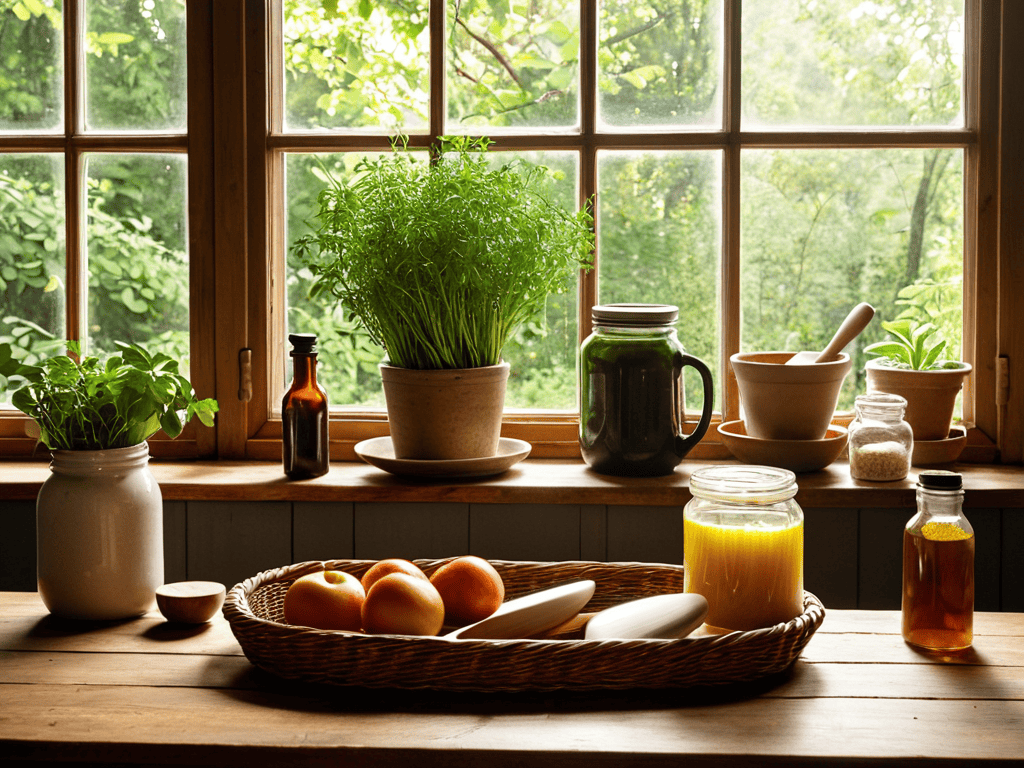
As I look back on the journey we’ve taken through my Nonna’s kitchen, I’m reminded of the simple yet profound ways we can embrace sustainable living. From zero waste grocery shopping to eco-friendly cleaning and sustainable gardening, every step we take brings us closer to a more mindful way of living. These practices aren’t just about reducing our environmental footprint; they’re about preserving the stories and traditions that make our lives richer. By adopting these habits, we’re not only doing our part for the planet, but we’re also keeping alive the memories and values that have been passed down through generations.
So let’s gather around the table, just as we do in my family, and let the flavors of sustainability inspire us to create a better future. As we share meals made with love and care, using ingredients that tell a story of their own, let’s remember that every bite is a choice – a choice to honor our heritage, to nurture our planet, and to pass on the wisdom of sustainable living to those who come after us. In the end, it’s not just about the food; it’s about the love, the laughter, and the legacy we create with every delicious, sustainable dish.
Frequently Asked Questions
How can I apply the zero-waste principles I learned from my grandmother's kitchen to my modern urban lifestyle?
I totally get it, taking Nonna’s zero-waste wisdom to the city can be a challenge. For me, it’s all about adapting those timeless principles to modern life. I use reusable bags, buy in bulk, and plan my meals around what’s in season, just like Nonna did. Now, if you’ll excuse me, I have to go give some love to ‘Marcella the Mixer’ – she’s helping me whip up a sustainable storm in the kitchen!
What are some creative ways to repurpose food scraps and reduce waste in my daily cooking?
I just love getting creative with scraps in the kitchen, just like Nonna taught me! I use my trusty ‘Jacques the Juicer’ to squeeze out every last bit of flavor from veggie peels and scraps, then turn them into delicious broths or sauces. And don’t even get me started on repurposing leftover bread – it’s perfect for homemade croutons or breadcrumbs, courtesy of ‘Mario the Mixer’!
Can you share more about how your family's heirloom recipes have been adapted to incorporate sustainable and locally sourced ingredients?
My family’s heirloom recipes have been lovingly adapted to feature sustainable and locally sourced ingredients. I recall my Nonna substituting traditional ingredients with fresh picks from our garden, like using “Mario the Mixer” to whip up a meringue with farm-fresh eggs. Now, I continue this tradition, incorporating seasonal produce into our beloved dishes, like my famous lasagna, made with “Giovanni the Grinder” ground beef from a local farm.

